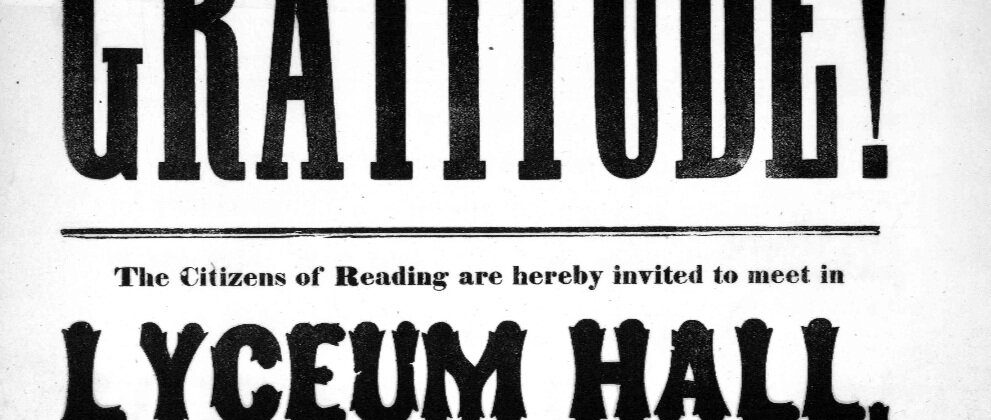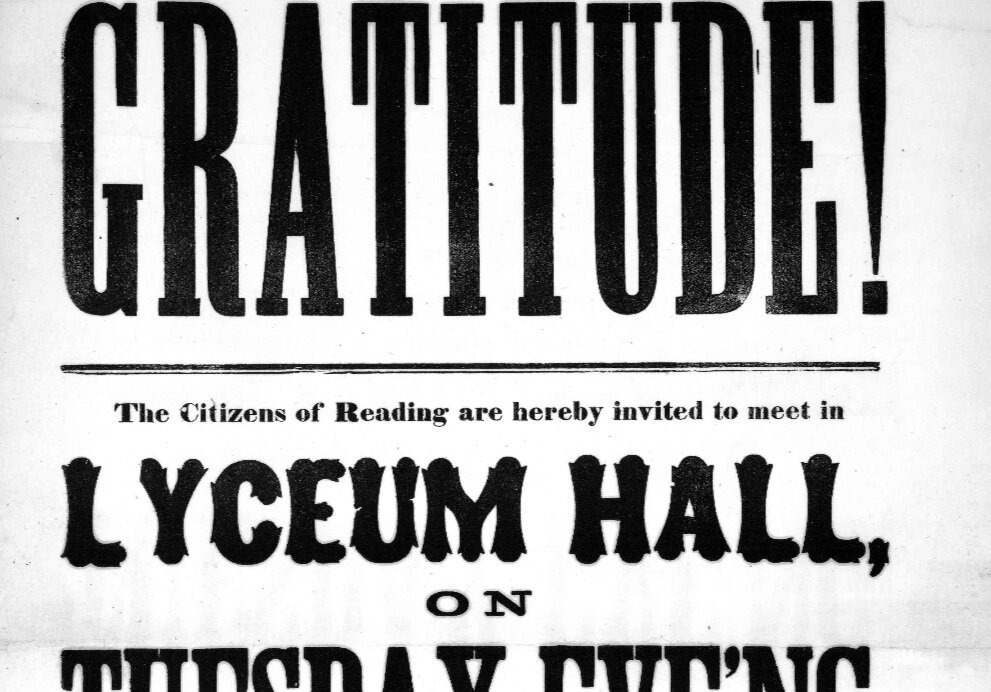

If I had my way, I would leave academia and try to create a non-profit like the Brooklyn Institute for Social Research. If I could find funding for such a project, I would buy and old church and repurpose it into an education center where adult learners could take undergraduate and graduate-level courses in humanities-related fields. I might even consider a bookstore, a library, or a small coffee shop where people could come and spend time during the day. I would host lectures from authors and other public intellectuals and pay them well. I imagine we could use the former church sanctuary as the lecture hall.
Like the Brooklyn Institute for Social Research, I would charge in the area of $335 for a one-month course that meets once a week for three hours. We would start with American history and expand from there.
I could also imagine the place becoming the brick and mortar home for Current. We would need to set-up shop in an urban area with a lot of intellectually hungry residents. Grand Rapids, Michigan comes to mind only because both of my daughters live there and it is likely that they will be staying for the long haul.
Who’s with me?
No, seriously, who’s with me?
There must be some people with deep pockets who care about the humanities, are in search of intellectual community, and want to support such an effort as a way of strengthening American democracy at the community level.
I’ve had this idea for a long time, but Cat Zhang’s New York Times piece on the Brooklyn Institute inspired me to think about it again. Here is a taste:
Say you’re bored by your 9-to-5. You’re intellectually understimulated and you want a challenge beyond your book club, which, it turns out, is just you and your friends gossiping around a lukewarm charcuterie board.
What are your options? You could apply to graduate school, if you have the ambition, money and time. Or you could start smaller and enroll in a class at the Brooklyn Institute for Social Research (BISR).
The Brooklyn Institute is a nonprofit education center that offers evening and weekend courses for adults, catering to those who want the rigor of a liberal arts seminar but at a more modest commitment. The unaccredited classes are held for three hours each week for a month and are led by lecturers with advanced degrees. Though adult learners can enroll in massive open online courses or extension school programs, the institute differentiates itself with more niche and left-field topics: the novels of Clarice Lispector, the history of trauma and transgender Marxism.
And the best part? No grades.
Andres Begue, 32, discovered the organization earlier this year after casually searching for continuing education opportunities online. “It’s nice to be able to go into something that I have no context for and learn something new,” said Mr. Begue, who works in technology support at a software company. He was intrigued by a course about the 20th-century Austrian playwright and novelist Thomas Bernhard.
On an evening in October, Mr. Begue joined 17 other students around a long wooden table at BISR’s white-brick office space in the Brooklyn neighborhood of Dumbo. The group read texts like “Woodcutters” and “Heldenplatz,” while snacking on corn chips and sipping boxed wine. Lauren K. Wolfe, an associate faculty member who specializes in Austrian and German literature, guided discussions of the writer’s hectoring prose and disdain for Austrian culture as the group engaged with larger questions about literary critique, political memory and translation.
“At our core is the conviction that the idea that people are anti-intellectual is false,” Ajay Singh Chaudhary, the institute’s executive director, said. “The idea that people don’t want to critically engage, that they just want five-minute sound bites, is false.”
Founded in 2012, the Brooklyn Institute began modestly, with a dozen or so people discussing Plato’s “Republic” over cheap pints at a bistro in the brownstone-filled neighborhood of Boerum Hill. Mr. Chaudhary, then a graduate student at Columbia University, had dreamed of an alternative to traditional academia while preparing to teach Columbia’s Core curriculum. He was at a local bar and noticed interest from nearby patrons.
“People have always been like, ‘Oh, what’s that? I always wish I got a chance to study, you know, Aristotle or Plato,’” Mr. Chaudhary said.
Read the rest here.